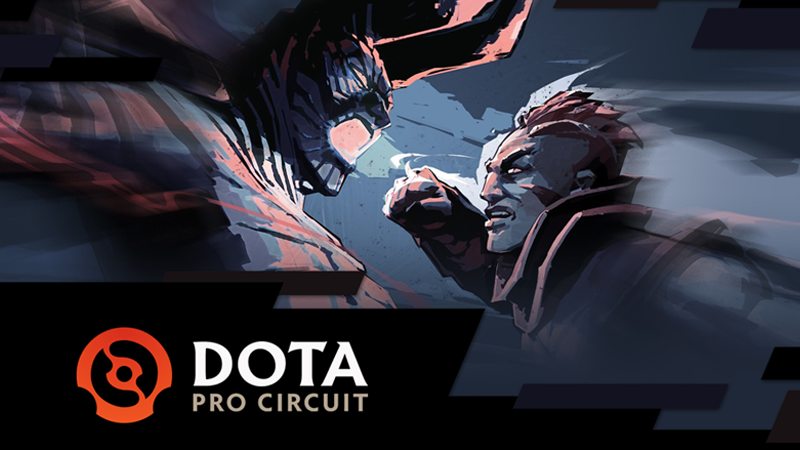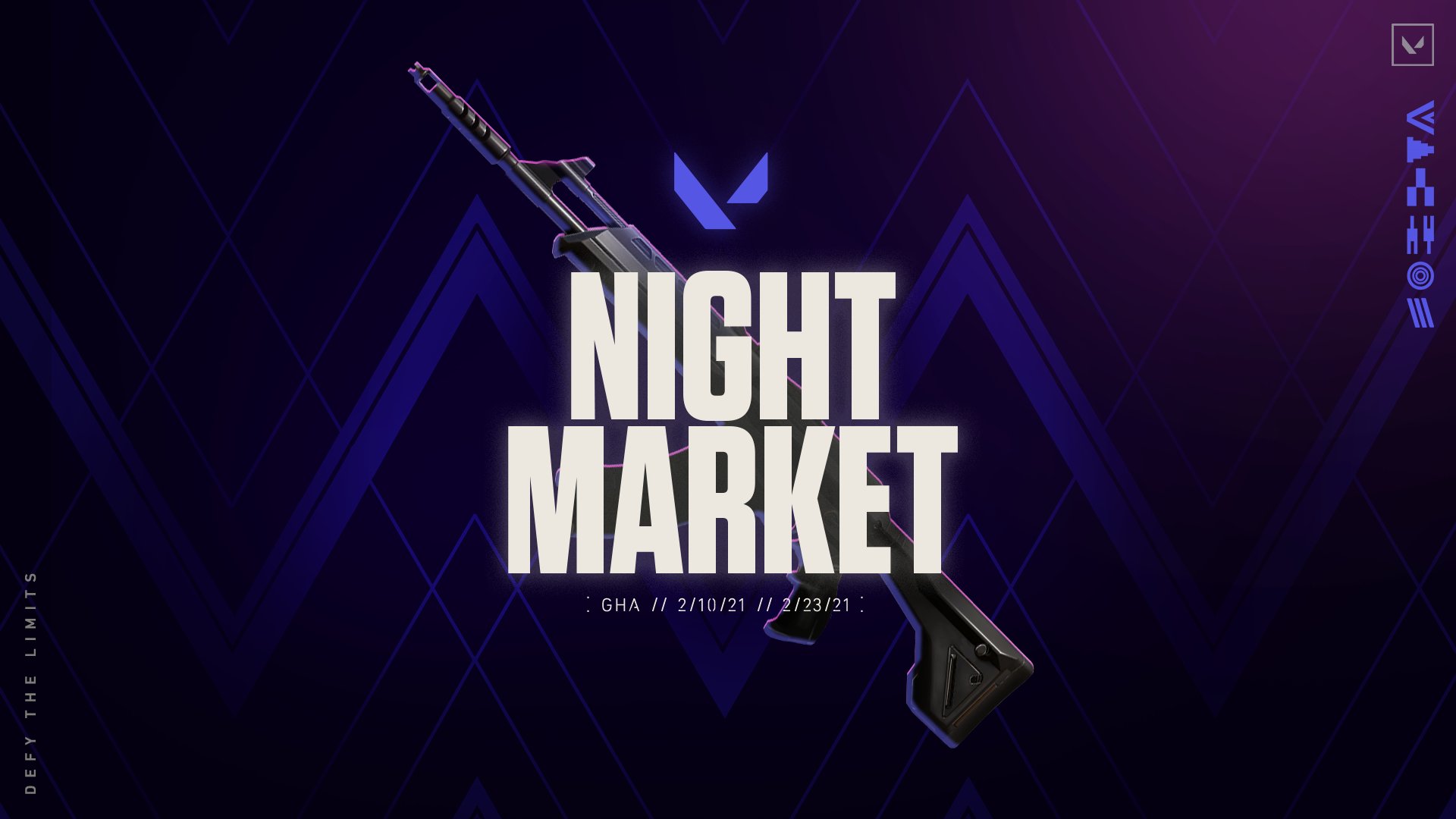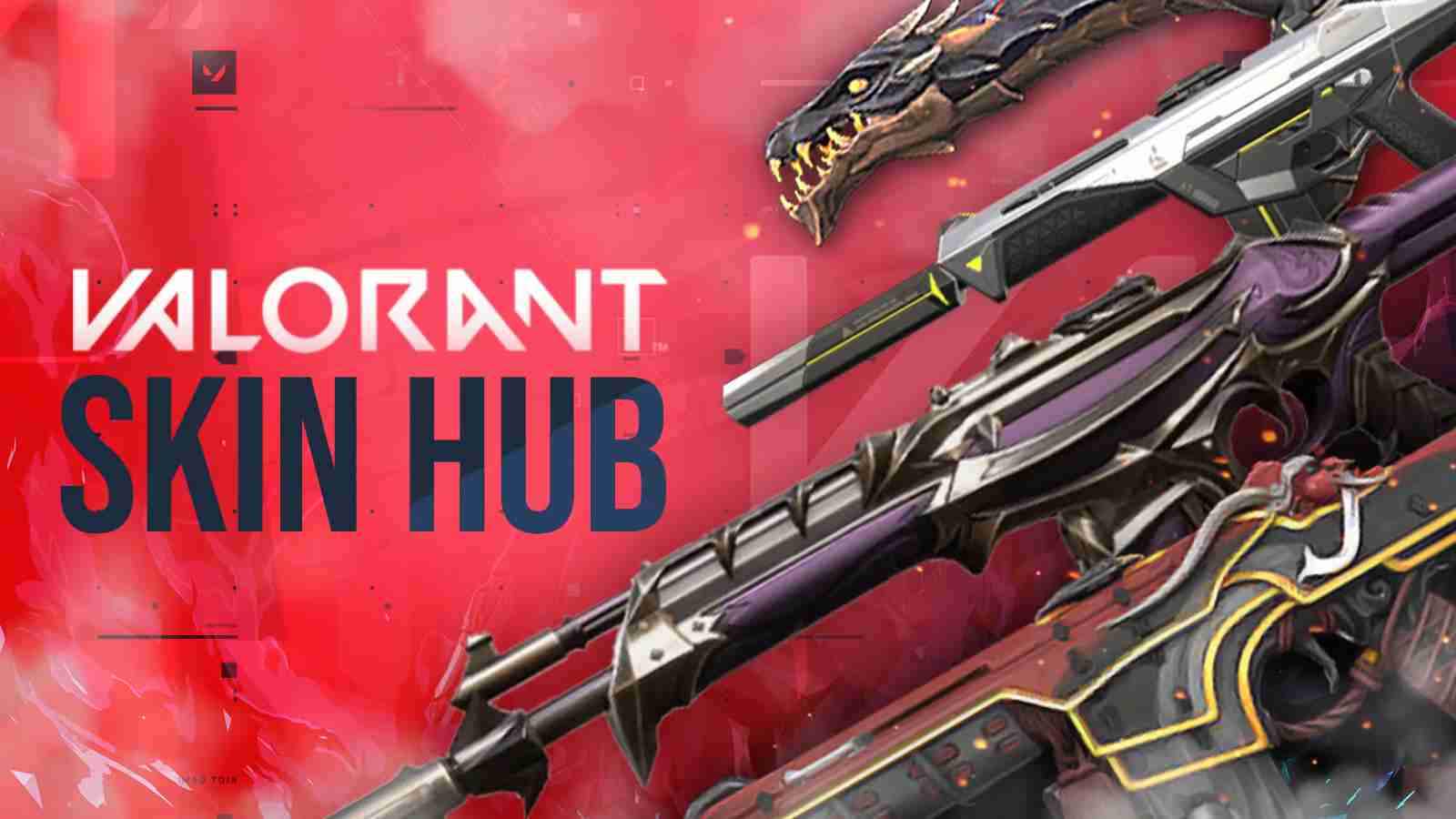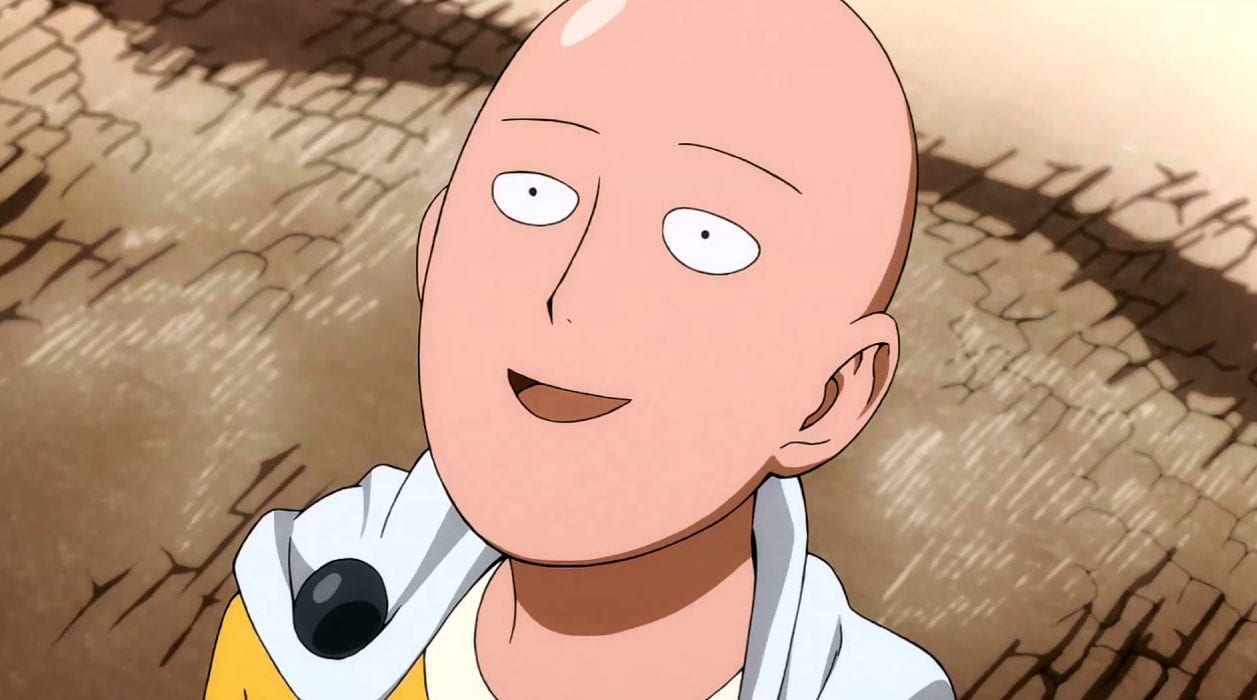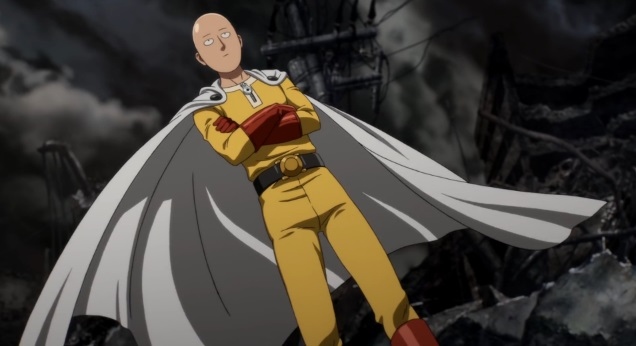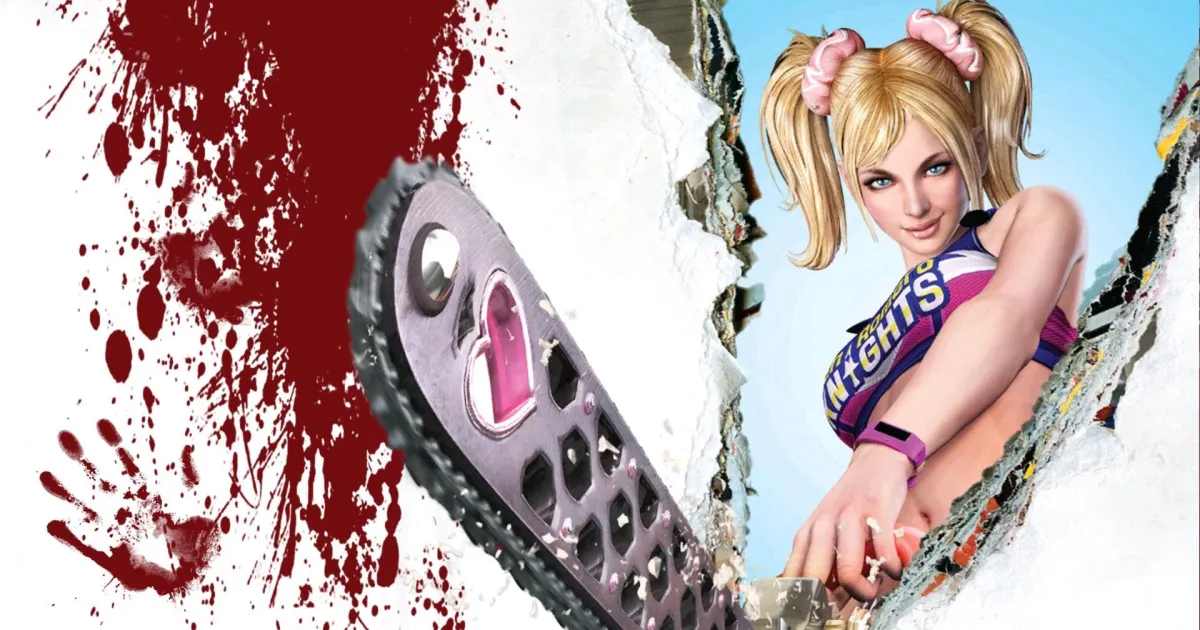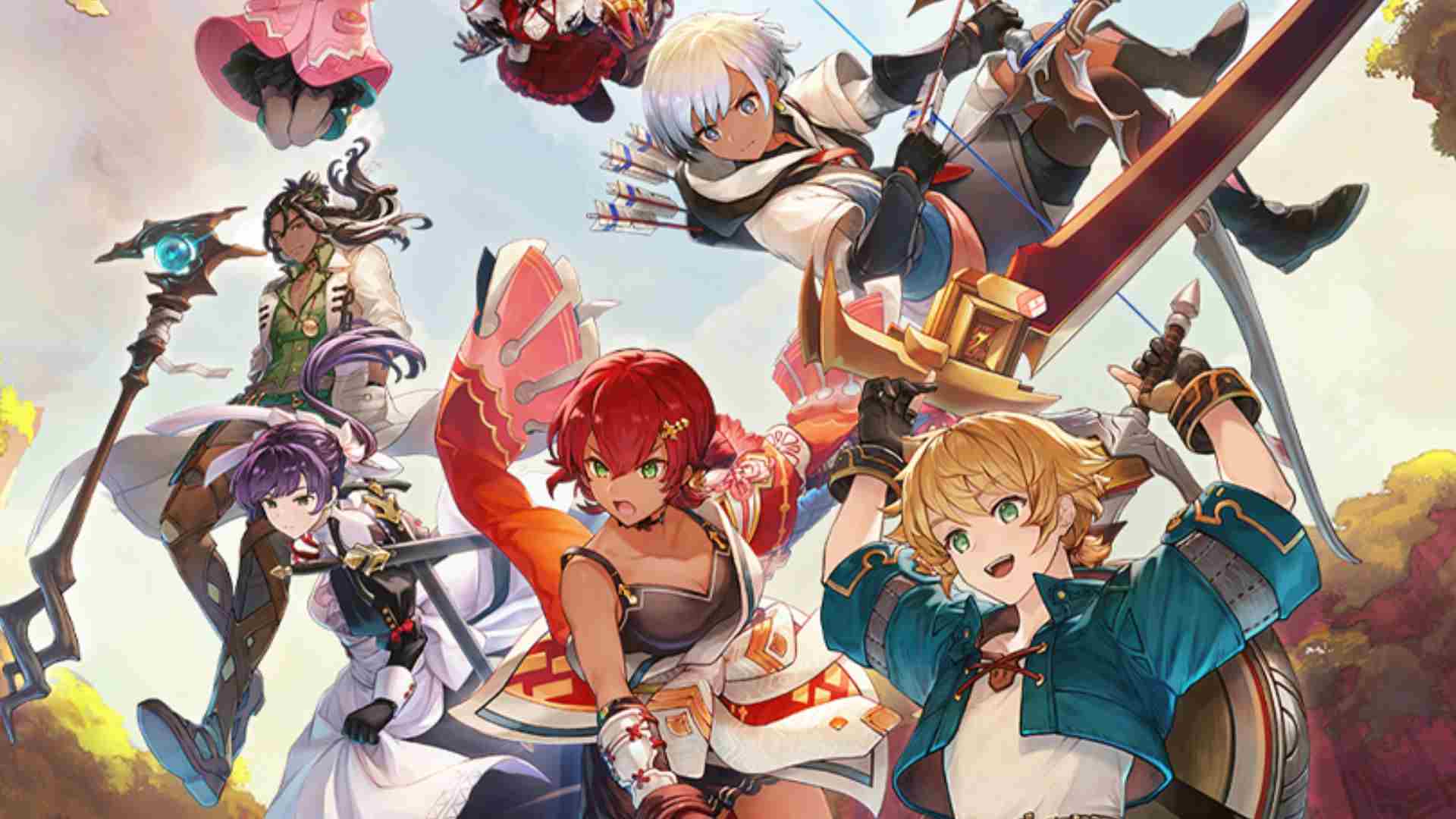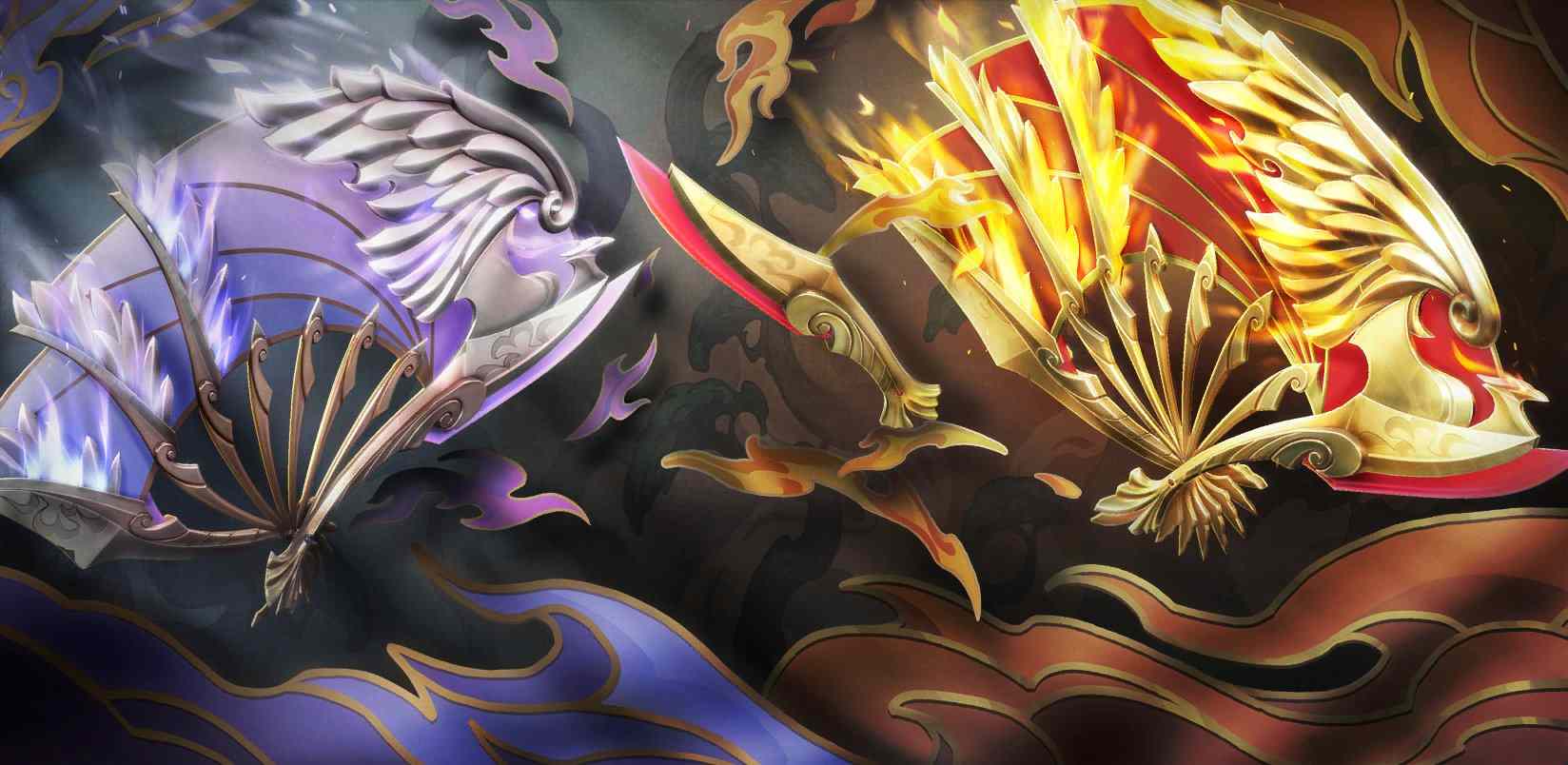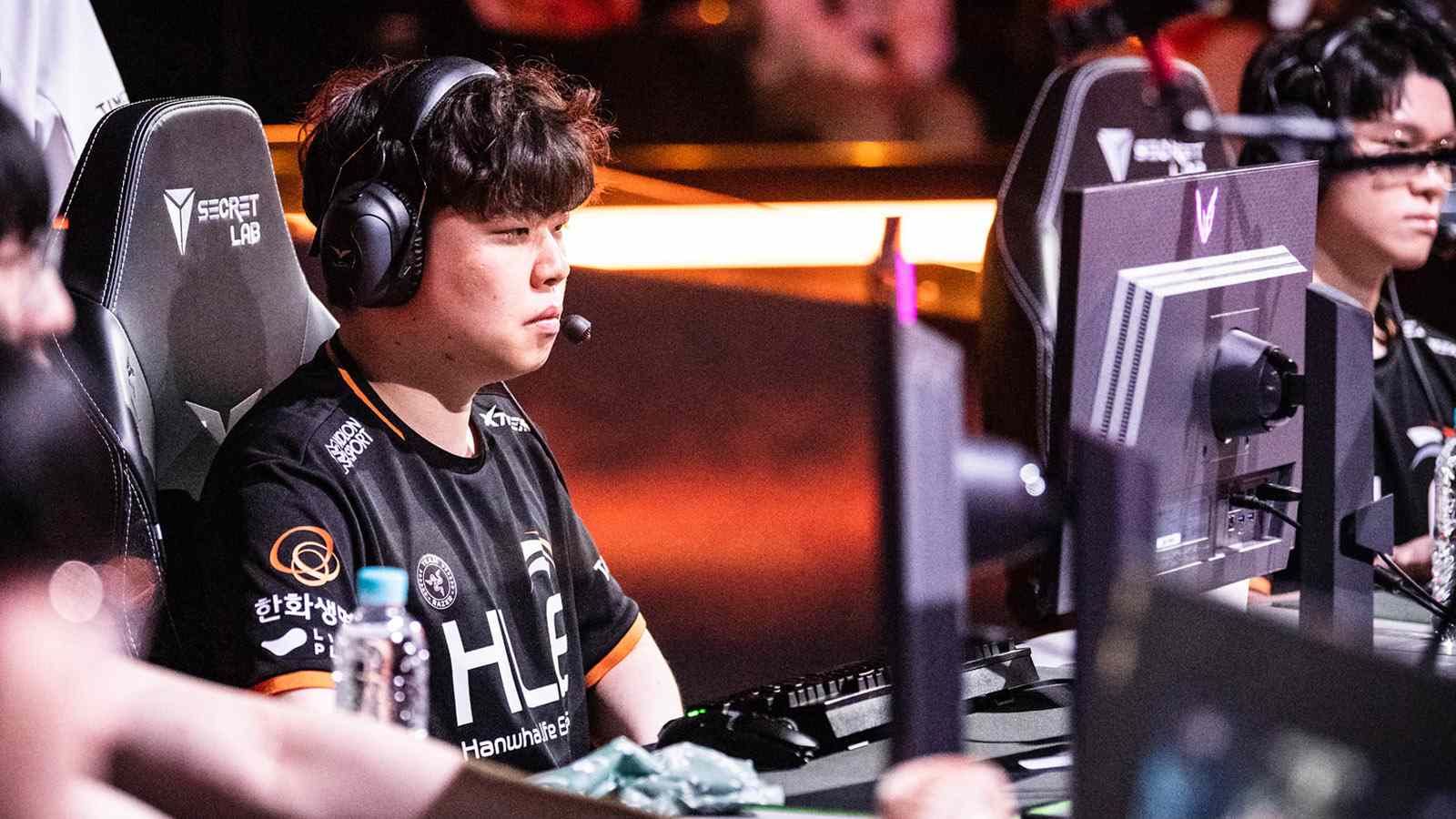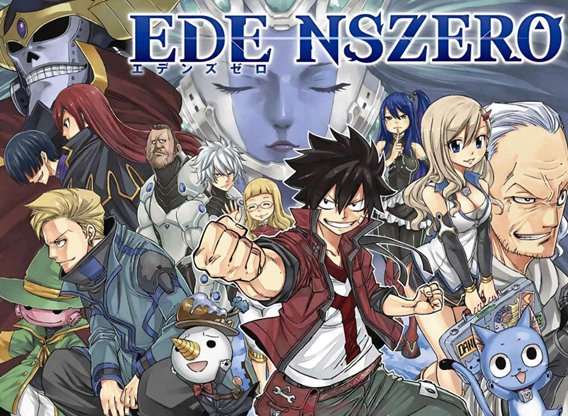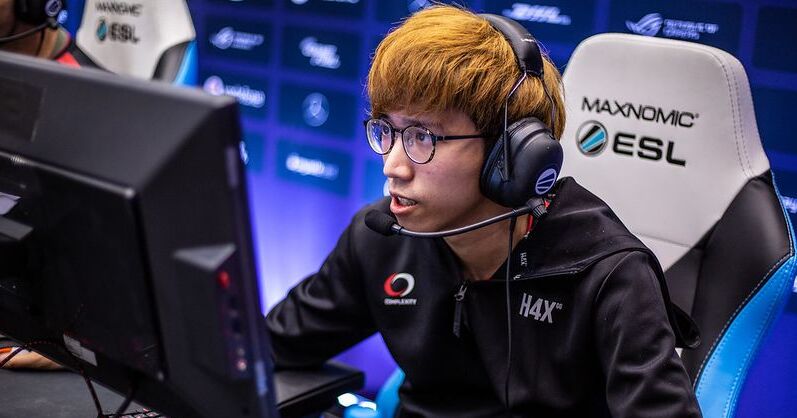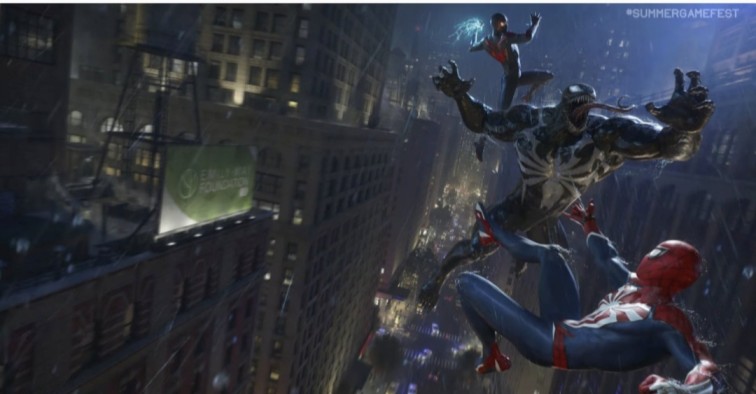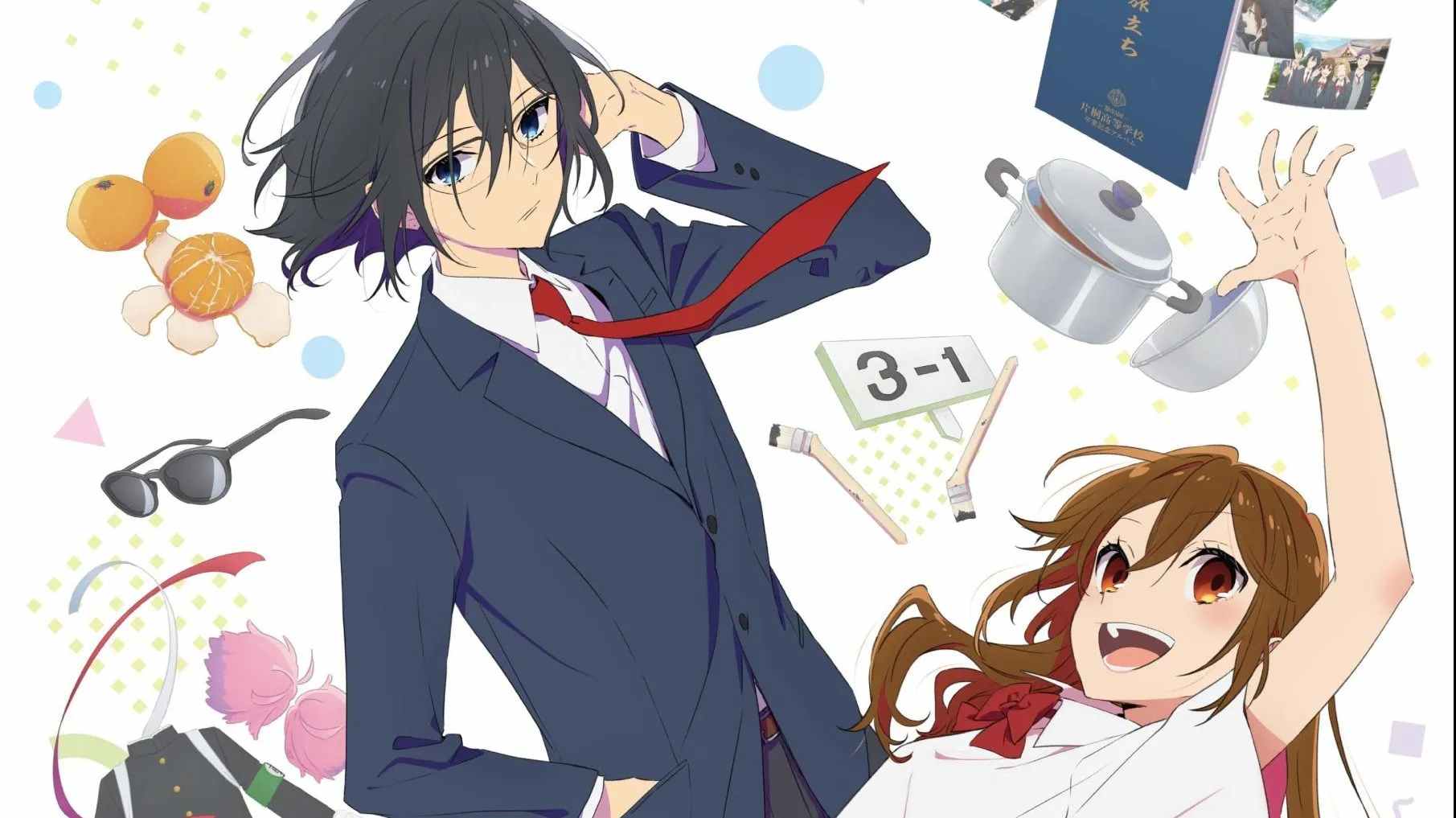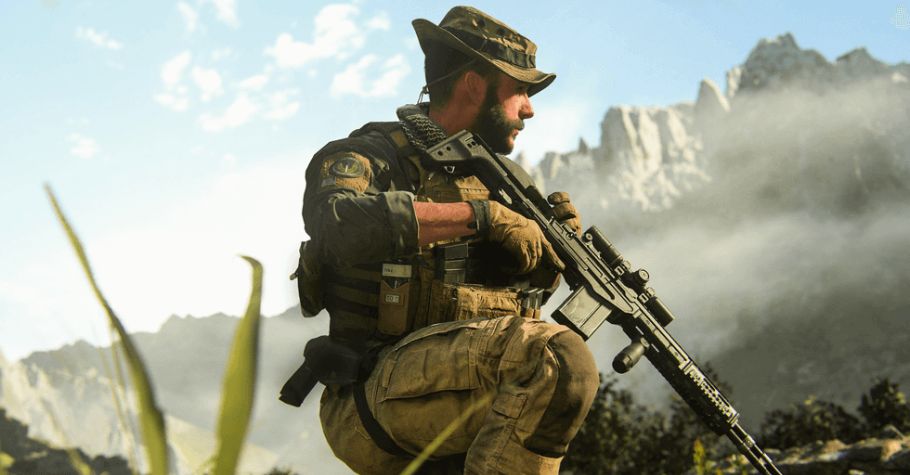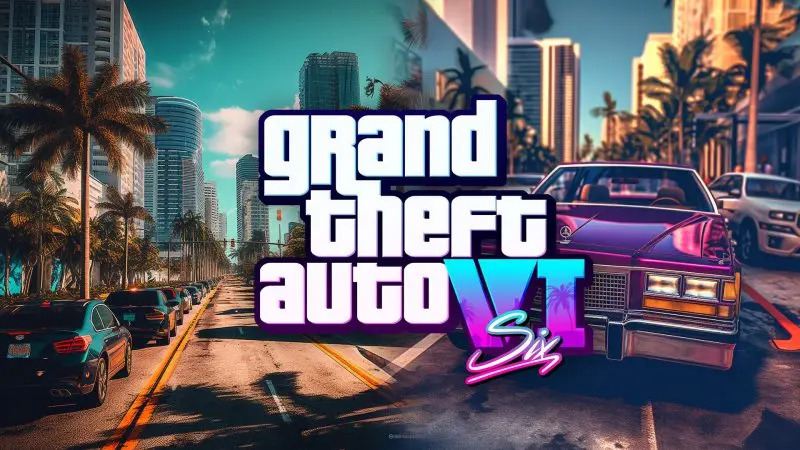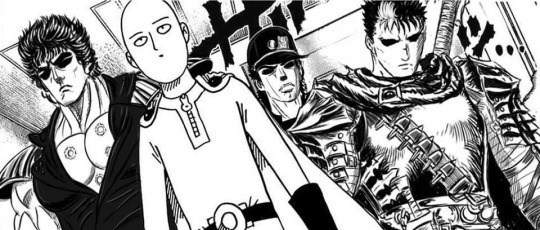3 Reasons Why Dota Pro Circuit Officially Shut Down
In a surprising turn of events, Valve Corporation has officially declared the closure of the Dota Pro Circuit (DPC) after the 2023 season. This announcement marks the end of a six-year-long chapter in the history of competitive Dota 2. While the news has left the Dota community in a state of uncertainty, Valve’s decision to discontinue the DPC can be attributed to several key factors.
1. Criticisms and Restrictions
One of the primary reasons behind the shutdown of the Dota Pro Circuit is the series of criticisms and restrictions that the DPC had accumulated over its six-year existence. Valve introduced the DPC in 2017 with the intention of bringing more transparency and structure to the competitive Dota 2 scene, particularly concerning team invitations to The International (TI).
However, the DPC faced backlash for its rigid format. Tournament organizers felt constrained by the rules and standards imposed by the DPC, leading to fewer opportunities for creative and exciting events. The overly structured approach, while well-intentioned, inadvertently stifled the diversity and dynamism that had been a hallmark of Dota 2 tournaments before the DPC era.
2. Return to Tradition
Valve’s decision to discontinue the DPC signifies a return to the traditional methods of team invitation for The International. Although Valve has not provided specific details about the new invitation process, it marks a departure from the formulaic DPC format that had become the norm.
The motive behind this shift is to rekindle the spirit of innovation and diversity that characterized competitive Dota 2 in its early years. Valve aims to encourage a resurgence of inventive and diverse tournaments, reminiscent of the pre-DPC era. This move reflects a desire to recapture the essence of what made Dota 2 esports captivating in the first place.
3. A Shifting Landscape
With the closure of the DPC, the competitive Dota 2 landscape is poised for transformation. Many eyes within the community are now turned toward alternative avenues, such as the ESL Pro Circuit, as potential saviors of competitive Dota 2. Renowned event organizers like ESL have demonstrated their ability to host high-profile Dota 2 tournaments with substantial prize pools, such as the Riyadh Masters.
However, the absence of a centralized league structure like the DPC introduces a degree of uncertainty. Dota 2 flourished in the past with a multitude of independent tournaments before the DPC era. While returning to these grassroots events is appealing to some, concerns persist about scheduling conflicts and the potential instability within the professional scene.
Valve’s Commitment to The International
Despite the discontinuation of the DPC, Valve remains steadfast in its commitment to The International. The company has assured fans that they are actively working on The International 2024. More details about how team invitations will be handled are expected to be revealed in the coming year.
As Dota 2 enters this new chapter, the community anticipates a shift toward more varied and exhilarating competitive experiences. Valve’s decision to end the DPC signals their aspiration to rejuvenate the competitive spirit of Dota 2, embracing innovation, excitement, and a return to the diverse and captivating tournaments that defined the game’s early years.
Also Read: DOTA 2 Riki Guide For September 2023 Rewards And Tricks
